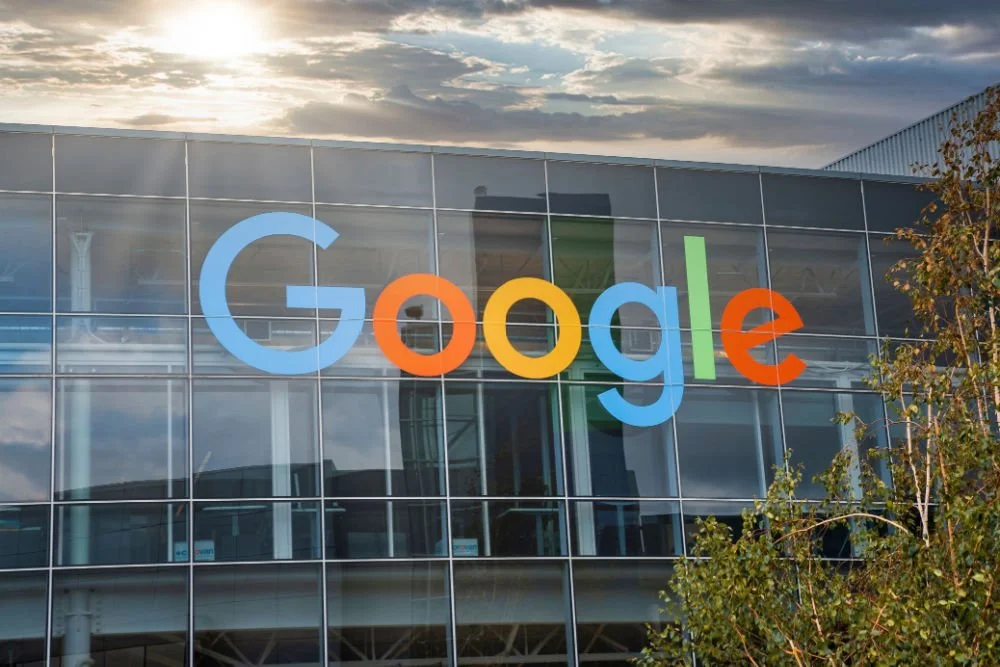Patron-Artist: Behind a Getty Gift to the University of San Francisco
/photo: Liang Zou/shutterstock
As a philanthropist with a vast family fortune who also happens to be an accomplished classical composer, Gordon Getty tends to focus on the arts with his giving. So while it would be great copy to frame his recent gift to the University of San Francisco as a kind of outlier, that isn't exactly true.
Getty, who graduated from the school in 1956, previously contributed to the recently completed J. Paul Getty Study in the John Lo Shiavo, S.J. Center for Science and Innovation. His gift, which he made in August, simply ups the ante: $15 million to establish a college for top students to study the arts, sciences, and humanities.
The gift is the school’s largest from an individual donor and is meant to inspire others to help the university meet its $35 million goal for the new program, to be called the Honors College, that is expected to open in fall 2018. Therefore, rather than view Getty's gift as an anomaly, a more appropriate framing device, here, is the idea that past giving informs future giving. That's how big campus gifts nearly always go; they are usually preceded by smaller gifts.
Then again, it's probably a fool's errand to try and put Gordon Getty into any kind of box. Simply consider his nonlinear journey from heir to patron-artist.
His father was Jean Paul Getty. You may have heard of him. Back when Gordon was thinking about college, he asked his father, the founder of Getty Oil company and the country's preeminent arts philanthropist, "Should I go to an oil and petroleum school?”
"Yes, if you want to," his father responded. "But liberal arts would do just as well. The main thing is to learn how to learn." And so Gordon attended the University of San Francisco and earned a B.A. in music from the San Francisco Conservatory of Music. (In honor of Getty’s father, USF Honors College students will be known as J. Paul Getty Honors Scholars.)
Gordon joined the oil industry anyway, but his heart just wasn't in it. By the mid-1980s, he sold the family business to Texaco for $10 billion and started his own philanthropic foundation, along with his wife Ann, to boost the arts in the Bay Area as well as national outfits like the League of American Orchestras.
The San Francisco Symphony has long been on top of his list of beneficiaries. Getty also gives to smaller, regional ensembles, as well as the online offering San Francisco Classical Voice. More recently, a consortium of funders, including Getty, announced it will pay the salary of Boston Globe's music writer, pointing to an intriguing model of fine arts criticism moving forward: the foundation-backed critic.
Indeed, very few major arts philanthropists can claim Getty's background. As a former oil man and investor, he's well versed in the complex machinations of wealth generation. At the same, he's a classical composer and opera singer, attuned to the financial and artistic challenges facing arts organizations. (Indeed, the closest music patron analog I can come up is Bruce Kovner, who took classes at Juilliard before amassing his hedge fund fortune.)
Over the past three decades, he has cultivated an idiosyncratic persona that's both casual—according to local lore, he bypasses reserved parking at the San Francisco Symphony and huffs it on foot—and committed. And while the majority of his foundation's giving is focused on the arts, Getty also has a soft spot for his alma mater.
Expounding on his philanthropy after USF named him an alumni of the year in 2015, Getty said, "I like to give a lot to many organizations—so much that if we skipped a year they wouldn’t be broke. A lot of our recipients are surprised to receive our check. They haven’t asked for it.
"We’ve heard about them and we send it to them."







































